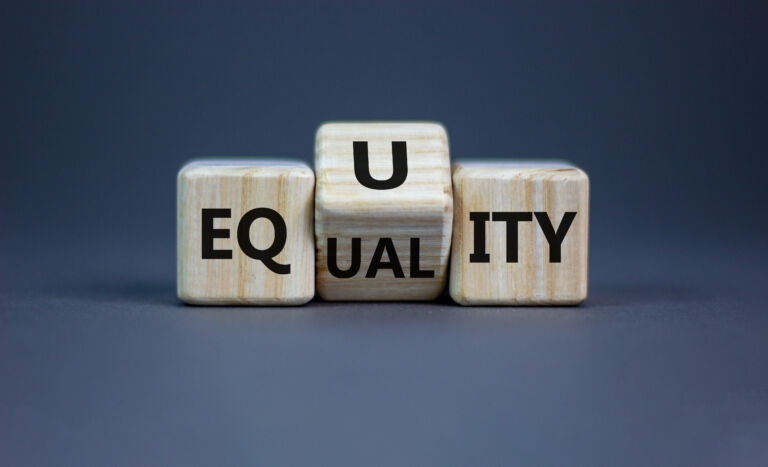John Goodman’s post today, “Do You Care More Than Paul Krugman Cares?“, opens with words from Gary Becker that happily explain also why I believe in free-market capitalism. Goodman’s opening:
At a conference at the Vatican I attended some years ago, Nobel laureate Gary Becker gave the opening speech. I found what he said quite remarkable:
The greatest beneficiaries of capitalism are those at the bottom of the income ladder. That’s why I favor capitalism. Were that not the case, I would not be in favor of capitalism. Milton Friedman feels the same way.
I was so struck by this comment that I wrote it down and have kept it all these years. In general, people who are right of center do not tend to talk all that much about their concern for the poor. Or is it that they just get drowned out by all the bleeding heart noise on the left? In any event, the evidence for Becker’s core observation is overwhelming.
This core conviction animates my work and the work of my colleagues at John Locke. My newsletter today, for example, discusses how an aspect of cronyism, rampant occupational licensing, prices the poor out of enterprise. In recent weeks I’ve written about anti-free-market energy policies and how they disproportionately impact the poor. My Carolina Cronyism series exposes governmental favoritism that harm entrepreneurs, employers, and consumers alike. I’ve warned against compassionate-sounding (and some not even superficially based in compassion) anti-free-market economic policies that, despite their intentions, cause greater harm against the poor.
Case in point: way back when UNC-Chapel Hill chose to prop up John Edwards’ presidential ambitions by naming him head of a hastily built “poverty center,” I urged Edwards to investigate freedom’s effects but found, to UNC’s shame, that the center’s commitment to finding solutions to the problem was as phony as its supposed leader. Becker, Goodman, Friedman et al. are right: the greatest beneficiaries of capitalism are those at the bottom of the income ladder. Understand how that seeming paradox is true and you will favor greater freedom, too.


